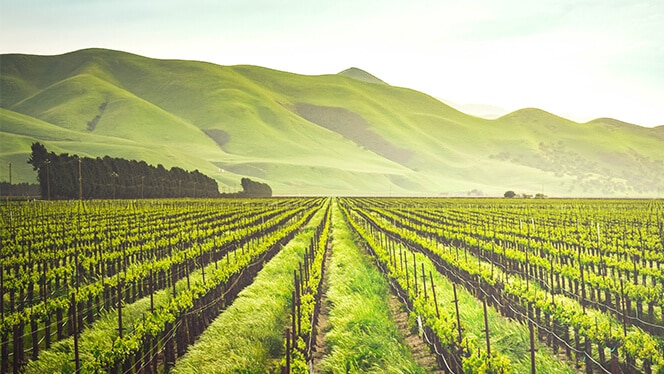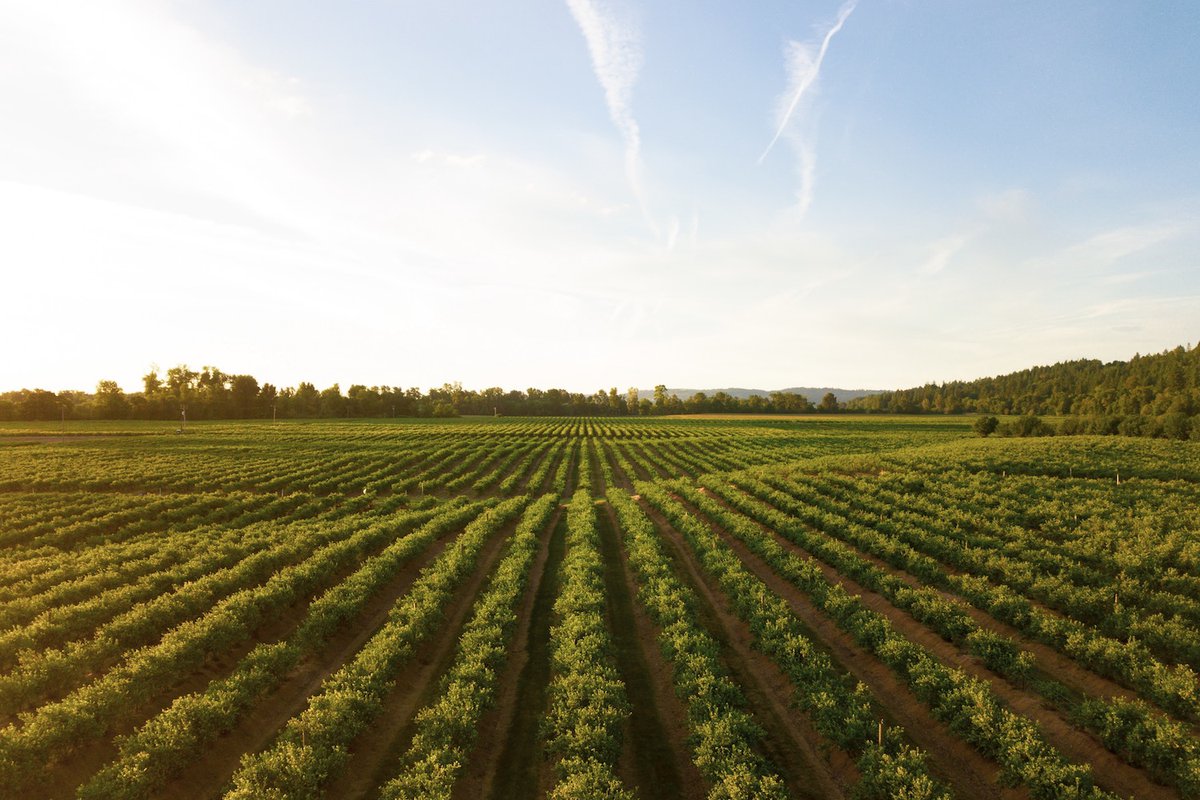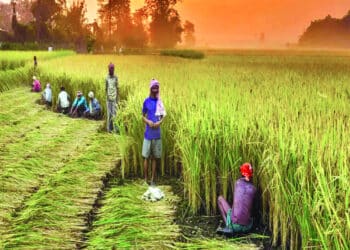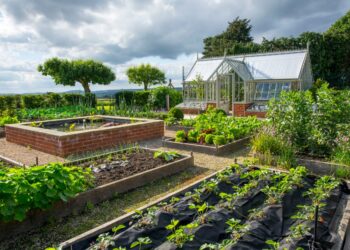It stated, “USDA is committed to working toward the economic, environmental, and social sustainability of diverse food, fiber, agriculture, forest, and range systems.
USDA will balance goals of improved production and profitability, stewardship of the natural resource base and ecological systems, and enhancement of the vitality of rural communities.

USDA will integrate these goals into its policies and programs, particularly through interagency collaboration, partnerships, and outreach.”
If advocating the need for sustainable agriculture has become universal, agreement as to what is required to achieve it has not.
As more parties sign on to the sustainable agriculture effort, perceptions about what defines sustainability in agriculture have multiplied.
Basically, Sustainable agriculture is farming in sustainable ways meeting society’s present food and textile needs, without compromising the ability of current or future generations to meet their needs.
It can be based on an understanding of ecosystem services. There are many methods to increase the sustainability of agriculture. When developing agriculture within sustainable food systems, it is important to develop flexible business processes and farming practices.

Agriculture has an enormous environmental footprint, playing a significant role in causing climate change, water scarcity, land degradation, deforestation, and other processes; it is simultaneously causing environmental changes and being impacted by these changes.
Developing sustainable food systems contributes to the sustainability of the human population.
Importance Of Sustainable Agriculture:
Sustainable agriculture frequently encompasses a wide range of production practices, including conventional and organic.

A regionally integrated system of plant and animal production practices is designed to produce long-term results such as:
- Production of sufficient human food, feed, fiber, and fuel to meet the needs of a sharply rising population
- Protection of the environment and expansion of the natural resources supply
- Sustainment of the economic viability of agriculture systems
Dr. John E. Ikerd, Extension Professor at the University of Missouri, offers his view of sustainability: “A sustainable agriculture must be economically viable, socially responsible, and ecologically sound.
The economic, social, and ecological are interrelated, and all are essential to sustainability. Agriculture that uses up or degrades its natural resource base, or pollutes the natural environment, eventually will lose its ability to produce. It’s not sustainable.
An agriculture that isn’t profitable, at least over time, will not allow its farmers to stay in business. It’s not sustainable. Agriculture that fails to meet the needs of society, as producers and citizens as well as consumers, will not be sustained by society.

It’s not sustainable. Sustainable agriculture must be all three – ecologically sound, economically viable, and socially responsible. And the three must be in harmony.”
Therefore the need for sustainable resource management is increasingly urgent. Demand for agricultural commodities is rising rapidly as the world’s population grows.
Agriculture’s deep connections to the world economy, human societies, and biodiversity make it one of the most important frontiers for conservation around the globe.
Also Checkout: Organic Farming In India.
Source: TheAgrotechDaily












